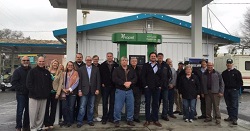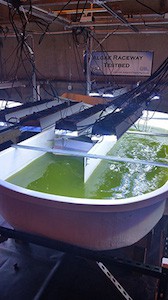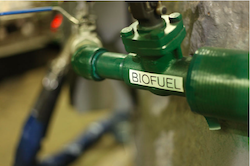 During a hearing on Wednesday, House Agriculture Committee members questioned EPA Administrator Gina McCarthy, on many agency actions, including decisions made regarding the Renewable Fuel Standard (RFS).
During a hearing on Wednesday, House Agriculture Committee members questioned EPA Administrator Gina McCarthy, on many agency actions, including decisions made regarding the Renewable Fuel Standard (RFS).
In her opening statement, McCarthy defended the volume obligation requirements under that RFS that EPA set last year, “The final requirements boost renewable fuel production and provide for robust, achievable growth of the biofuels industry,” McCarthy said. “The EPA took steps to improve the administration of the RFS program and continues to approve new agricultural feedstocks, increasing the number of pathways that biofuel producers may use to qualify their biofuel under the program.”
McCarthy was questioned heavily by Rep. Steve King (R-IA) about various aspects of the RFS decision making process, including whether EPA has the authority to abolish the blend wall. “These numbers actually push through the blend wall,” McCarthy answered. King then began to question her about approval to sell E15 year round, which McCarthy said it had, but she backed off when King noted the vapor pressure requirements that keep E15 from being sold in many markets during the summer months.
Listen to McCarthy’s testimony and some of the questioning by committee members here: House Ag Hearing with EPA Chief




 Pacific Ethanol
Pacific Ethanol





